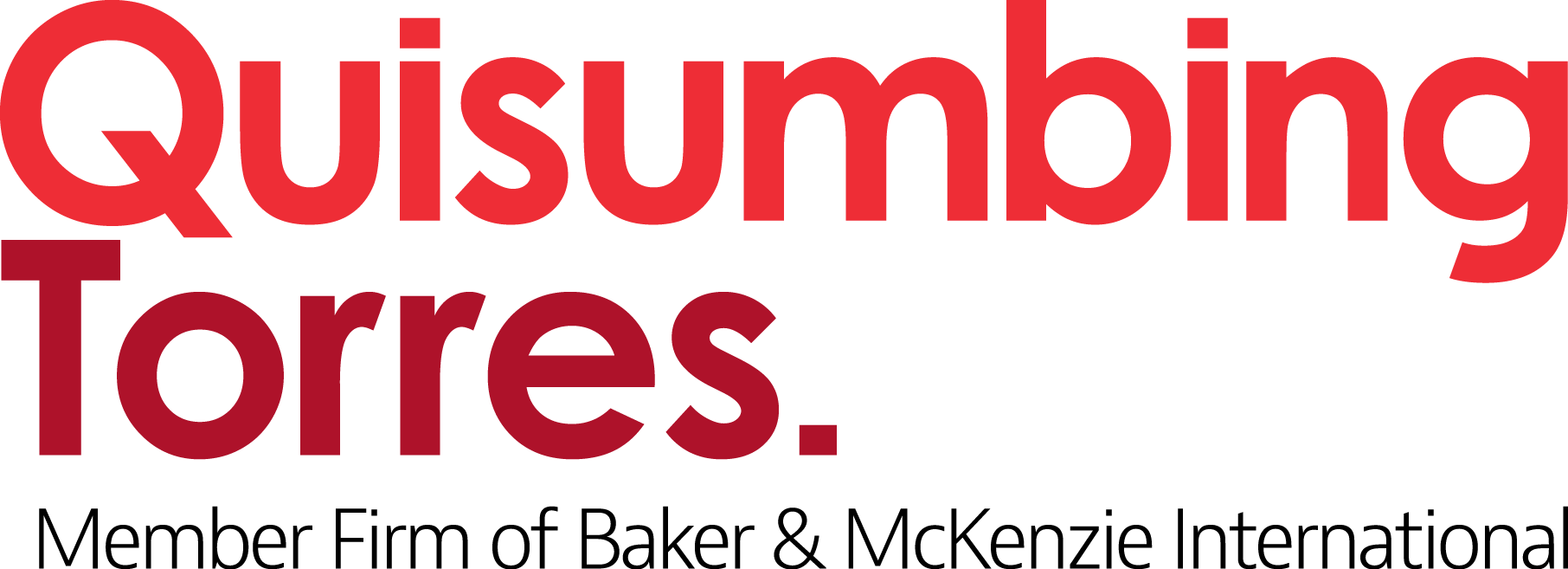In brief
On 10 December 2021, President Rodrigo Duterte signed into law Republic Act No. 11595 (“RA 11595“), otherwise known as “An Act amending Republic Act No. 8762 or the Retail Trade Liberalization Act of 2000 (RTLA), by lowering the paid-up capital requirement for foreign retail enterprises and other purposes.”
RA 11595 removes the requirement for a Certificate of Prequalification and the need to show compliance with the criteria for prequalification under the RTLA to the Philippine Board of Investments (BOI), before a foreign retailer can invest in or engage in a retail trade business in the Philippines.
RA 11595 also sets a single minimum paid-up capital requirement of PHP 25 million for all foreign-owned retail trade enterprises, and lowers the minimum investment requirement per store to PHP 10 million.
RA 11595 was published in the Official Gazette on 6 January 2022, and will take effect fifteen (15) days after its publication or on 21 January 2022.
Recommended actions
Foreign retailers that have invested in or are engaging in retail trade in the Philippines are advised to (1) familiarize themselves with changes to the requirements and procedures brought about by RA 11595, (2) closely monitor future developments in regulations to be issued pursuant to RA 11595, and (3) consider the impact of changes brought about by RA 11595 (and the regulations to be issued) to the terms and conditions, and their obligations under the Certificate of Prequalification issued in their favor by the BOI.
Foreign retailers looking to engage in retail trade or invest in a retail business in the Philippines may also take the enactment of RA 11595 and the reduction in the requirements previously mandated by the RTLA as an opportunity to proceed with the establishment of their retail trade operations in the Philippines.
In more detail
Republic Act No. 11595 eases the requirements for foreign retailers to invest in or engage in retail trade in the Philippines, as follows:
- Removes Categories for Prequalification and Lowers Minimum Paid-up Capital Requirement. RA 11595 removes the categories for prequalification under the RTLA1 and sets a single minimum paid-up capital for all types of foreign-owned retail enterprises.
Under Category B of the RTLA, foreign-owned corporations engaged in retail trade must have a paid-up capital of at least USD 2.5 million, while under Category D, foreign-owned retail trade enterprises engaging in the sale of high-end or luxury goods must have a paid-up capital of at least USD 250,000 per store.
Under RA 11595, all foreign-owned retail enterprises must have a minimum paid-up capital of at least PHP 25 million (or approximately USD 500,000).
The new minimum paid-up capital requirement is subject to review by the Department of Trade and Industry (DTI), Securities and Exchange Commission (SEC), and the National Economic and Development Authority (NEDA) every three (3) years from the law’s effectivity.
- Removes Requirement for Certificate of Prequalification issued by the BOI. Under the RTLA, foreign retailers are required to obtain a Certificate of Prequalification from the BOI upon proof that they satisfy the following pre-qualification requirements:
- a minimum net worth requirement of USD 200 million;
- has five (5) retailing branches or franchises in operation around the world (unless it has at least one (1) store capitalized at a minimum of USD 25 million),
- has a five- (5-) year track record in retailing, and
- a national from or juridical entity formed or incorporated in countries which allow the entry of Filipino retailers.
RA 11595 removes the requirement for a Certificate of Prequalification and compliance with the prequalification requirements above. Under RA 11595, foreign-owned corporations, partnerships, and sole proprietorships may invest in or engage in a retail business, subject to the following:
- the foreign retailer shall have a minimum paid-up capital of PhP 25 million;
- the foreign retailer’s country of origin does not prohibit the entry of Filipino retailers; and
- in the case of foreign retailers engaged in retail trade through more than one (1) physical store, the minimum investment per store must be at least PhP 10 million.
The requirement under (c) above is not applicable to foreign investors and foreign retailers who are legitimately engaged in retail trade and were not required to comply with the minimum investment per store at the time of effectivity of RA 11595.
- Lowers Investment Per Store Requirement. RA 11595 lowers the minimum investment per store requirement for foreign-owned retail trade enterprises from USD 830,000 per store to PHP 10 million (or approximately USD 200,000).
Under RA 119595, the “minimum investment per store” covers the gross assets, tangible or intangible, including but not limited to buildings, leaseholds, furniture, equipment, inventory, and common use investments and facilities such as administrative offices, warehouses, preparation or storage facilities. Investments for common use and facilities, as reflected in the financial statements following the accounting standards adopted by the SEC and DTI shall be pro-rated among the number of stores being served.
- Removes Requirement of Public Offering of Shares. Retail enterprises with foreign ownership of more than eighty percent (80%) are no longer required to offer a minimum of thirty percent (30%) of their equity to the public through any stock exchange in the Philippines within eight (8) years from start of operations.
- Promotion of Locally Manufactured Products. RA 11595 encourages foreign retailers to have a stock inventory that are made in the Philippines.
- Preferential Use of Filipino Labor. RA 1195 mandates compliance with the provisions of the Labor Code of the Philippines on the determination of non-availability of a competent, able, and willing Filipino citizen before engaging the services of a foreign national.
- Change of Implementing Agency. Foreign retailers that have established or will establish corporations, associations, or partnerships engaged in retail trade are now subject to the monitoring and regulation by the SEC, instead of the DTI. The DTI will continue to have regulatory authority over foreign retailers that have or will establish sole proprietorships in the Philippines.
The DTI, in coordination with the SEC and the NEDA, are mandated to issue rules and regulations to implement the provisions of RA 11595 within ninety (90) days from its approval.
- Reduces Penalties. RA 11595 reduces the penalties provided in the RTLA for violation of its provisions from imprisonment of six (6) to eight (8) years to four (4) to six (6) years, and a fine from PHP 1 million to PHP 20 million to PHP 1 million to PHP 5 million.
1 Under the RTLA, foreign-owned partnerships, associations, and corporation formed and organized under the laws of the Philippines may upon registration with the Philippine Securities and Exchange Commission (SEC) and the Department of Trade and Industry (DTI), or in case of foreign-owned single proprietorships, with the DTI, engage or invest in the retail trade business, subject to the minimum capital requirements below.
• Category A: Reserved for Filipino citizens or corporations wholly-owned by Filipino citizens – Less than USD 2,500,000
• Category B: Foreign equity is allowed (up to 100%) – USD 2,500,000 and above
• Category D: Foreign equity is allowed up to 100% for enterprises specializing in high-end or luxury products – USD 250,000 per store

Please contact QTInfoDesk@quisumbingtorres.com for inquiries.





